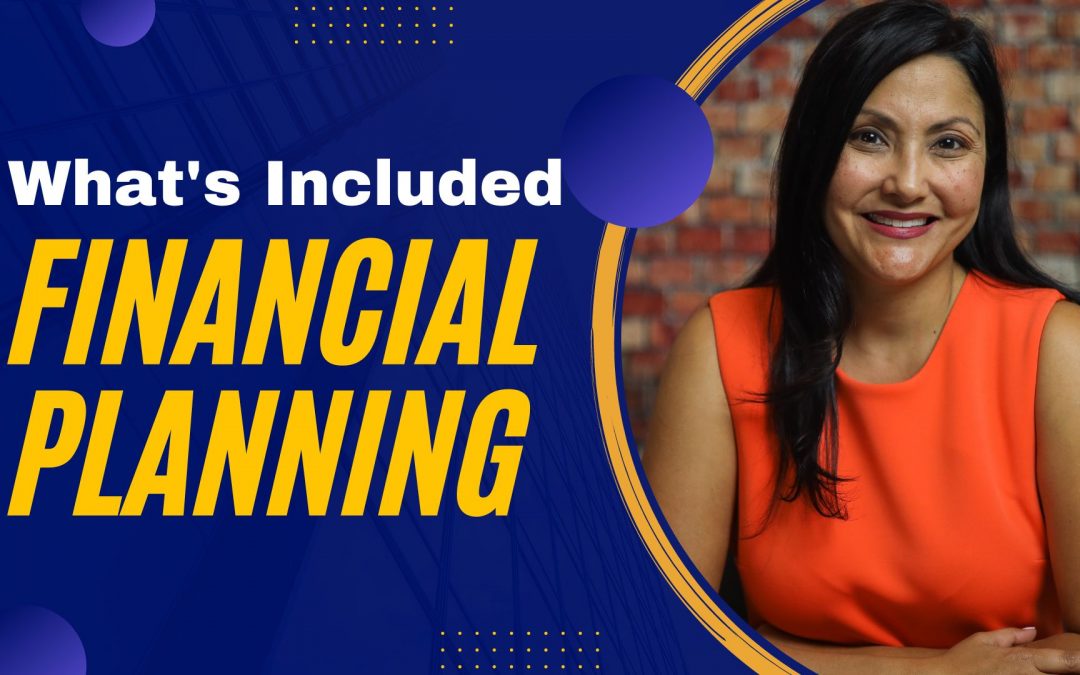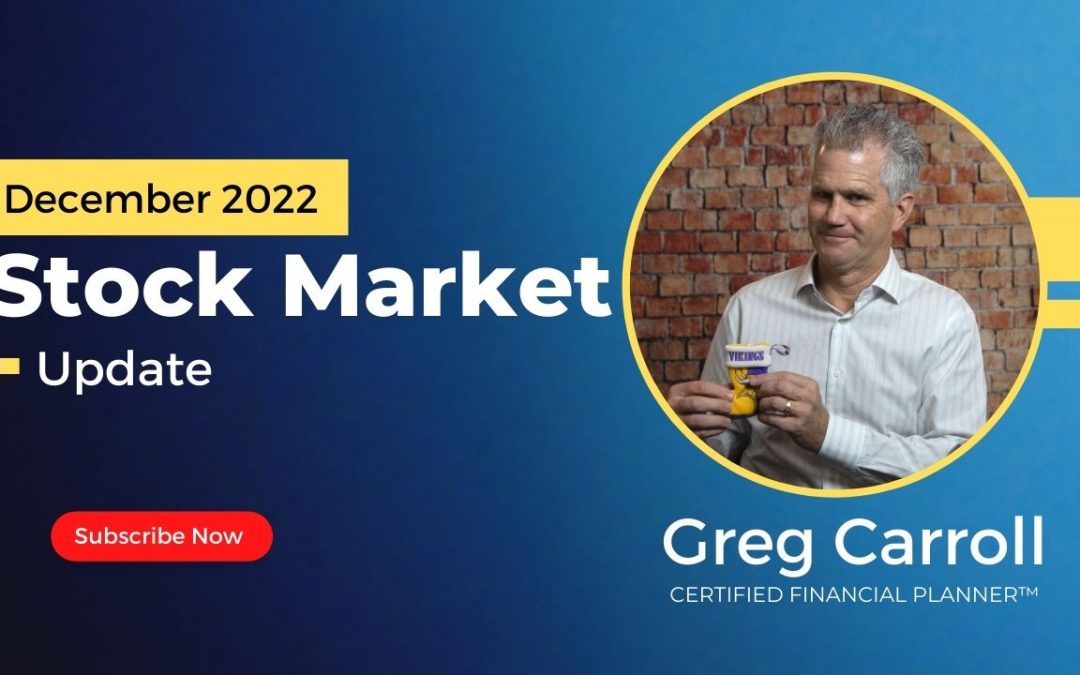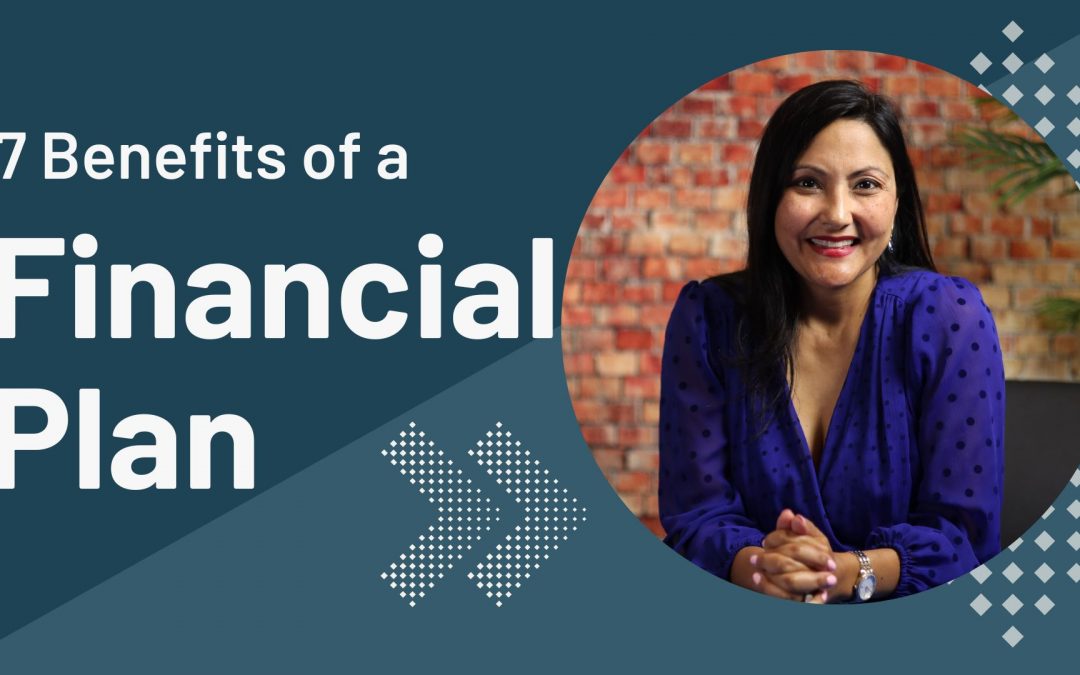
What’s Included In a Financial Plan
What’s Included In A Financial Plan?
A well-written financial plan can mean the difference in your financial success. With it, you’ll be less likely to make poor financial decisions.
Despite the importance of a personal financial plan, many people don’t know what to include in their plans.
Financial planning is highly personal. This means that while plans feature similar ingredients, the quantities, when they’re added, and how they blend will vary based on your unique situation.
So, to give you a clear picture of what goes into a financial plan, let’s look at some of the most common elements:
1. Net Worth Statement
The first thing to include in your financial plan is an overview of what your financial situation looks like.
You can do this by performing an asset evaluation to determine your net worth. Start by taking an inventory of all of your assets (investment properties, bank accounts, valuable personal properties, etc.). You’ll need to determine the market value of all your assets.
After valuing all of your assets, you’ll need to take an inventory of all your liabilities (debts).
You can then calculate your net worth by deducting your liabilities from your assets’ value.
If your liabilities outweigh your assets, don’t fret. This is common when you’re just starting out, especially if you have student loans and a mortgage.
2. Financial Goals
Your financial goals are the next item to include in your financial plan.
Think about goals such as saving a down payment for a home, buying a car, paying off your student loans, kids’ college savings, retiring early, and other stuff that you’d like to accomplish.
These goals are the driving force of your financial plan. They will motivate you to follow through with your financial plan.
Decide how much money you’ll need to meet each of these goals. When your financial goals are crystal clear and have a number attached to them, your plan becomes more effective.
3. An Investment Strategy to Get You There
Once you have an idea of your financial goals and how much you’ll need to set aside to achieve them, your next step will be to create an investment strategy to help you meet each goal.
Design your investment strategy based on your personal goals, risk tolerance, and time horizon.
If you have a lengthy time to save, it might make sense to be more aggressive with your investment choices. If you’re approaching retirement, you might choose to be conservative in your selections.
After deciding the strategy you’ll take, jot down a personal investment policy statement to guide you when choosing your investments.
You can then select your investments while making sure to diversify as you build a portfolio.

4. Budgeting and Savings Plan
You cannot build wealth without having a handle on your expenses and knowing what you can save.
If you haven’t already, create a personal budget to track and categorize your monthly income and expenses. Adjust your spending as necessary and plan how to tackle high-interest debt, such as credit cards. Dedicate whatever’s left over to build your emergency fund then start working toward other goals.
A good financial plan should also have a savings plan. This is a plan for how much money you need to save from your income every paycheck or month to realize your goals.
Setting aside more money while you’re young with fairly low expenses is a smart choice. If you’re older, you’ll want to figure out how much you’ll need to set aside to retire comfortably.
A good rule of thumb is to save at least 20 percent of your monthly income.
5. Debt Management Plan
When used wisely, debt can be an excellent financial tool. But it can also be a drag.
Whether you have credit card debt, student loans, or other “toxic” high-interest debt, a debt management plan can help you to complete your debt payments quickly, allowing you to retire without continuing payments.
If you’re unsure where to start, a financial advisor can help educate you about debt and the various strategies you can use to manage or pay down debt.
6. Emergency Fund
While it’s impossible to plan for all risks, having an emergency fund to help you in case of an injury, illness, job loss, or another expensive event can help you stay within your goals and objectives.
Putting cash away for emergency expenses is the bedrock of any financial plan. Doing this can help you avoid tapping your savings account to make ends meet.
You can start small — 500 bucks is enough to cover small repairs and emergencies so that an unexpected expense doesn’t run up credit card debt.
Your next goal could be a thousand bucks, then one month’s daily living expenses. Continue increasing your target gradually until you have 3-6 months’ worth of basic living expenses stashed in a separate savings account.

7. Retirement Planning
A retirement plan lets you save money for the golden years of your life and ensures you can meet your needs comfortably.
By using different financial options that reinforce each other, you’ll be able to create a dependable income stream in retirement. An old rule of thumb says you will need 70-80 percent of your current income in retirement.
A financial plan prepares you for key risks — such as inflation, taxes, market volatility, and the probability that you may live longer than expected.
8. Tax Planning
Creating an income and property tax plan is critical for your overall financial plan as these taxes can undermine long-term savings.
Taxes are inevitable, but you should not pay any more than necessary.
Review your tax plan annually since tax laws and regulations change every year. Take advantage of opportunities like harvesting tax losses, bunching charitable donations to offset excess income, and using Roth IRA conversions strategically.
Hire a tax professional to decipher the deductions that you may be eligible to take. This way, you’ll be able to reduce the amount that you have to pay to Uncle Sam and keep more of your money.
9. Estate Planning
This is something that a lot of people put off because they think that they have plenty of time to do it later or just don’t want to think about death.
It’s, however, important to understand that the worst can happen at any time. It doesn’t matter whether you have significant wealth or a small nest egg; everyone over 18 should at least have durable health care and financial powers of attorney in place.
If you become incapacitated and do not have a plan in place, for example, your loved ones may have trouble making vital medical decisions or accessing your bank accounts to pay your hospital bills for you.
Estate planning should also include plans for how your wealth will be distributed to your loved ones or special causes you care about after your death.
Comprehensive estate planning may include a handful of documents, such as wills, living wills, trusts, and advance directives.
10. Insurance Assessment
An insurance plan is another key component of a personal financial plan.
As you work toward building your wealth, you should also think about how to protect it.
The insurance needs of each individual will vary. Take time to evaluate your risks and determine how much insurance you need to offset each.
Your insurance needs might be affected by age, health, profession, assets, economic status, and family status.
At a minimum, include plans for your auto insurance, health insurance, disability insurance, homeowner’s/renter’s insurance, and life insurance.
Creating a financial plan will take some work, but the outcome can be life-changing.
Including all the elements mentioned above can lead you to greater financial health and a better future.
It goes without saying that your personal financial plan should not be static. You should treat it as a living document and review it as your life changes and your goals shift.
Contact Us
At WWM Financial, we take the time to assess your current financial situation, gain an understanding of your short- and long-term needs and goals, and put together a realistic financial plan to help you achieve everything your heart desires.
For help with your financial plan or to learn more about the services we offer, get in touch with a member of our team today.
WWM Financial is an SEC Registered Investment Advisor
The opinions expressed in this program are for general informational purposes only and are not intended to provide specific advice or recommendations for any individual or on any specific security. It is only intended to provide education about the financial industry. To determine which investments may be appropriate for you, consult your financial advisor prior to investing. Any past performance discussed during this program is no guarantee of future results. Any indices referenced for comparison are unmanaged and cannot be invested into directly. As always please remember investing involves risk and possible loss of principal capital; please seek advice from a licensed professional.















